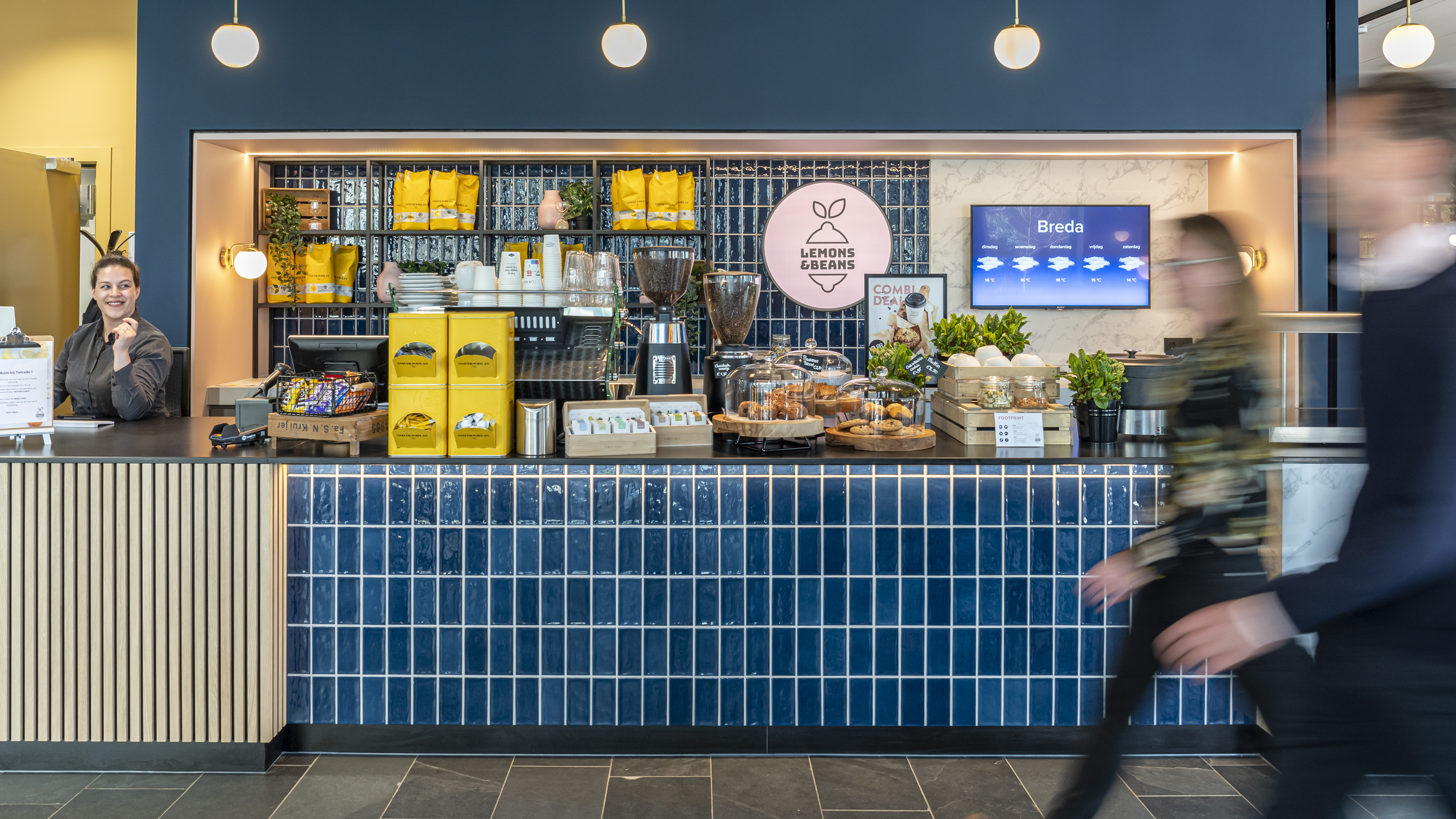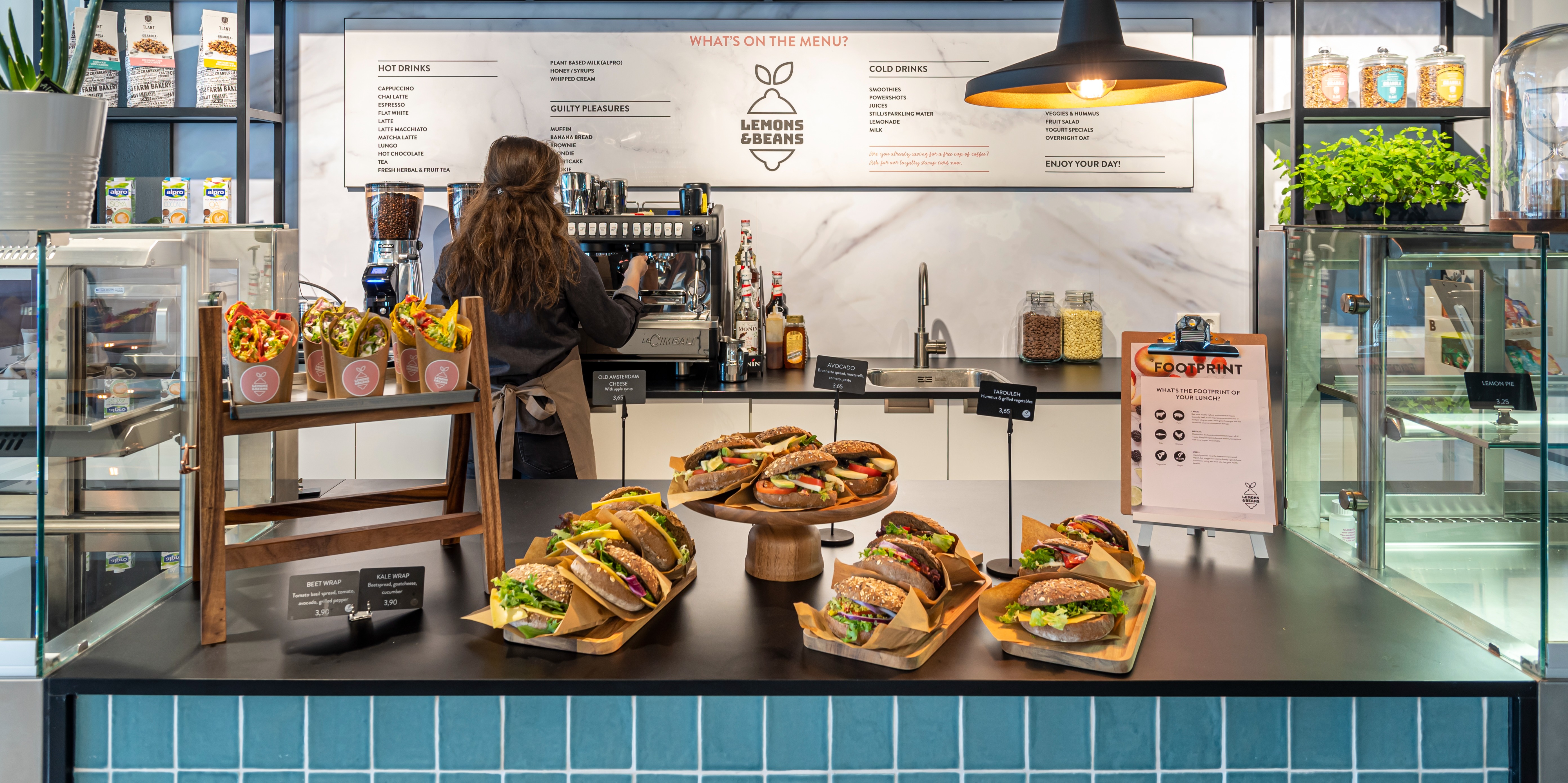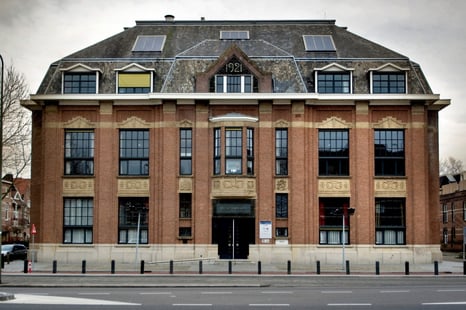“Tutto andrà bene”. It means “everything will be fine”. With these encouraging words, Italians have been trying to comfort and support each other already for weeks now. And everything will be fine but not just by itself and not without loss. Loss of beloved ones in our neighborhood, but also loss of jobs, revenue, projects and customers. Loss of beautiful dreams people, old and young, had in mind.
Looking at things from the bright side: fortunately, humanity has the incredible ability to adapt itself to new circumstances no matter how difficult they may be. Resilience is an inborn quality human beings possess which allows us to recover from setbacks and to find new ways to deal with challenging and changing circumstances. Some people are just born resilient but empirical evidence shows that resilience, both for children and adults, can also be learned. It is all about recovering from difficult life events and the ability to withstand adversity, to be robust under conditions of enormous stress and change and grow despite life’s downturns.
The corona crisis definitely signifies a difficult and life changing event for a lot of people and coping with this ambiguity requires a lot from individuals, teams and organizations. Resilience has, more than ever, become a critical success factor and will determine who succeeds and who fails. Now is the time to build resilience for the future to be able to restore ourselves once our daily circumstances will be 'normalized'. Over the past few weeks, many of us have discovered things about themselves and others they did not know before. Many articles have been written about the rise of solidarity, compassion and hope. People who did expect themselves to be worrisome and waiting for what would happen, now experience calmness and discover new energy and hope as a source of creativity instead. Management teams who are suddenly forced to function as a crisis team together seven days a week, experience more innovative power, resilience and support from each other than ever before. Despite the difficulties and negative outlook many organizations are confronted with, an incredible surviving power manifests itself as well which connects and motivates people. Many new opportunities are created, and innovative ideas who were perceived as too revolutionary are now easily embraced and implemented at accelerated speed.
But what can leaders do to help their people unleash their own resilience and how can they build a resilient future proof organization?
Ensure clarity and transparency
First of all, being transparent to your people is key to weathering the crisis. It is about being honest about how you plan to move forward and about the state of the company which helps employees feel safe leading to higher levels of engagement and commitment. This gives trust, will help employees feel safe and leads to higher levels of engagement and commitment to the execution of what needs to be done. Transparency also means saying what you do not know as many things are unclear during fast changing and ambiguous circumstances. Leaders are often highly valued by their employees for their honesty when they admit they unfortunately also do not have all the answers but promise to provide them as soon as possible. This can be perceived as an important moment of trust.
Create a safe environment
Besides that, it is important to invest time in listening attentively to each other. A different kind of connection seems to emerge between team members after several weeks of remote working. By creating room to show vulnerability to each other and share what scares them and what gives trust, people get to really know each other and deepen their relationships. This results in more connection and a stronger confidence. Leaders should therefore create a safe environment where team members feel at ease to share their thoughts, concerns and feelings. Find a way to unite the individual reflections of your team members on what this crisis means to them and what they all need to stay strong and overcome this setback. Spend time on individual “check-ins” with them as a lot of issues might be going on in their minds and hearts.
Stimulate and enable (aligned) creativity
At the same time, encourage your team members to utilize their knowledge and experience. Challenge them to take responsible risks so they can unlock their true potential in order to come up with innovative and creative approaches to develop solutions to new and existing problems. And allow for experimenting and provide full support to find new ways to deal with today's challenges. However, aligning and prioritizing activities remains necessary as the great pitfall of remote working is the generation of many ideas but difficulties in bringing them to execution which can also result in de-motivation.
Reinforce your cultural values and lead by example
Leading others through unpredictable times asks for a different kind of leadership. It requires the ability to give others a sense of purpose or meaning amid the crisis as well as being pragmatic and highly responsive. Nevertheless, emphasizing the importance of the company’s cultural values which lead to success remains important as the culture of an organization has the power to drive business performance, especially in times of disruptive changes. Reinforcing the organizational culture now, helps leaders to build the so much needed organizational resilience and the ability to get the business back up and running after the crisis. More than ever leaders are confronted with the inevitable duality of leadership to be decisive and vulnerable, vigorous but not rigid, courageous but not overconfident. Leading by example both with character and competence and showing the right resilient mindset when meeting setbacks is therefore essential.
Enable strong relationships and networks
According to a recent study by Harvard Business Review, resilience is heavily enabled by strong relationships and networks. This means that people can become more resilient by connecting with others in their most challenging moments. Relying on a close network of people in times of transition helps us to work through ambiguity, anxiety, and helps adopt and foster our mindset to cope with challenges and setbacks we are experiencing in work and (personal) life during this pandemic. A well-developed network of relationships can help us rebound from setbacks by shifting work or managing surges, making sense of people or politics in a given situation, as well as help us find the confidence to push back and self-advocate; reminding us of the purpose or meaning in our work. Moreover, enabling well-developed networks and relationships is above all a trait that female leaders succeed in more than male leaders.
Create value with your customers
Last but not least, focus on creating value with and for all company stakeholders. This means, among other things, listening intensively to your customers as they also navigate these uncertain times. See this period as an opportunity to demonstrate concern, care and kindness because creating value in crisis is a win-win-win. Being close to them and further build on your partnerships by showing understanding for their decisions and advise them when needed.
Secure base leaders build resilience
Looking at the concept of secure base leadership, secure base leaders tend to show a combination of the leadership behaviors described above which enable people to feel safe, connected and encouraged to take risks. They ensure that people are given roles that make the best possible use of their talents and enable them to grow and get results. By establishing trust, clarifying purpose and enabling connection, they make that people feel good about themselves and what they do. This positive impact on how people feel lowers stress and as a result, they are more resilient.
Developing and unlocking resilience at an individual and team level can significantly be fostered by a secure base environment and ensures the necessary acceleration to be successful also after the crisis.
Building and strengthening a resilient organization matters and is the primary accountability of leaders today. By sustaining your investment in your employees, teams and customers, you will be better positioned to adapt to the unique challenges this crisis brings and turn this crisis into a source of strategic opportunity.
“Tutto andrà bene”. Everything will be fine.
Interested in learning more about Secure Base Leadership? Download the whitepaper here.



%20klein.jpg?width=466&name=Pand%20Amsterdam%20onbewerkt%20(1)%20klein.jpg)